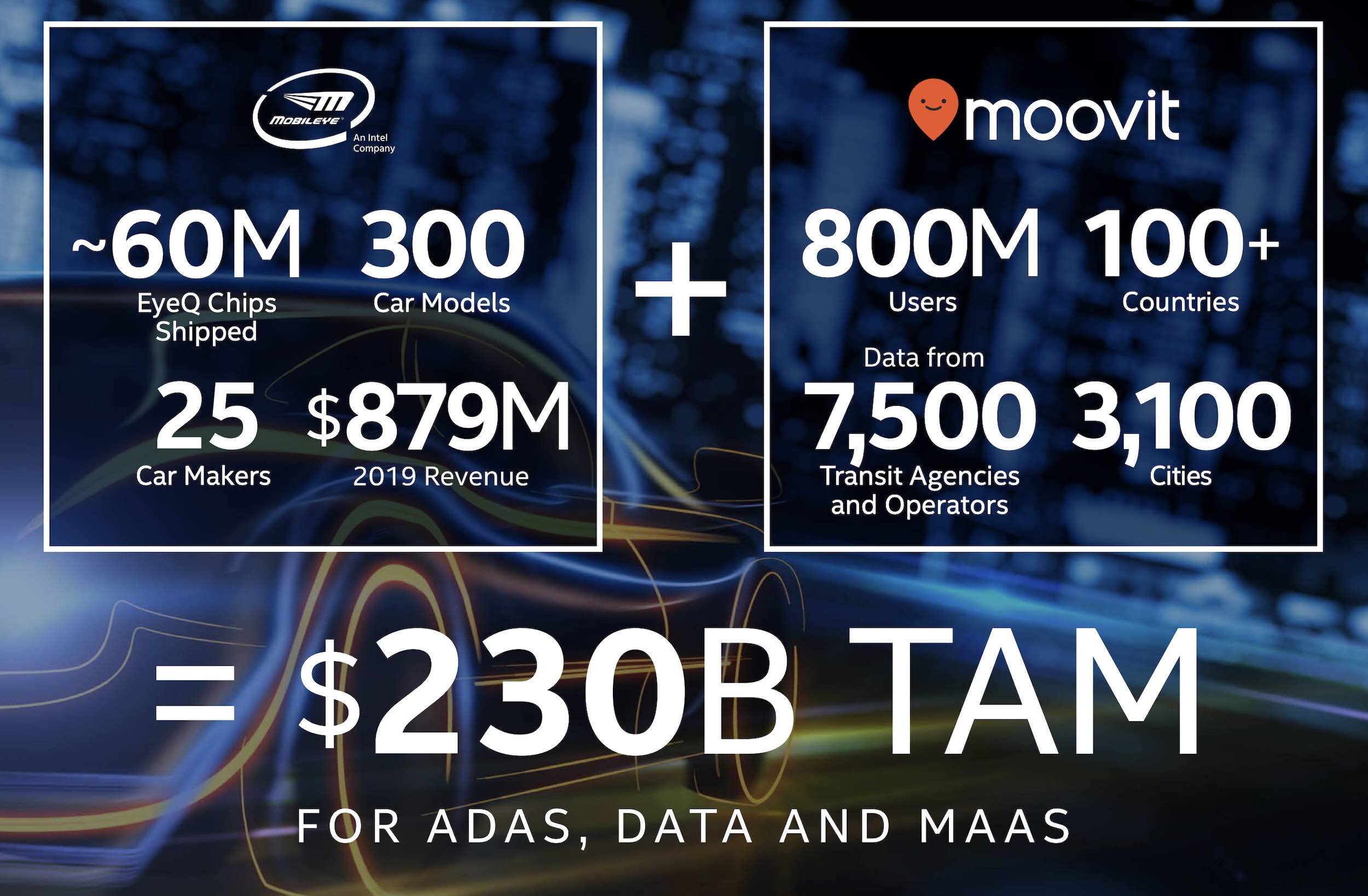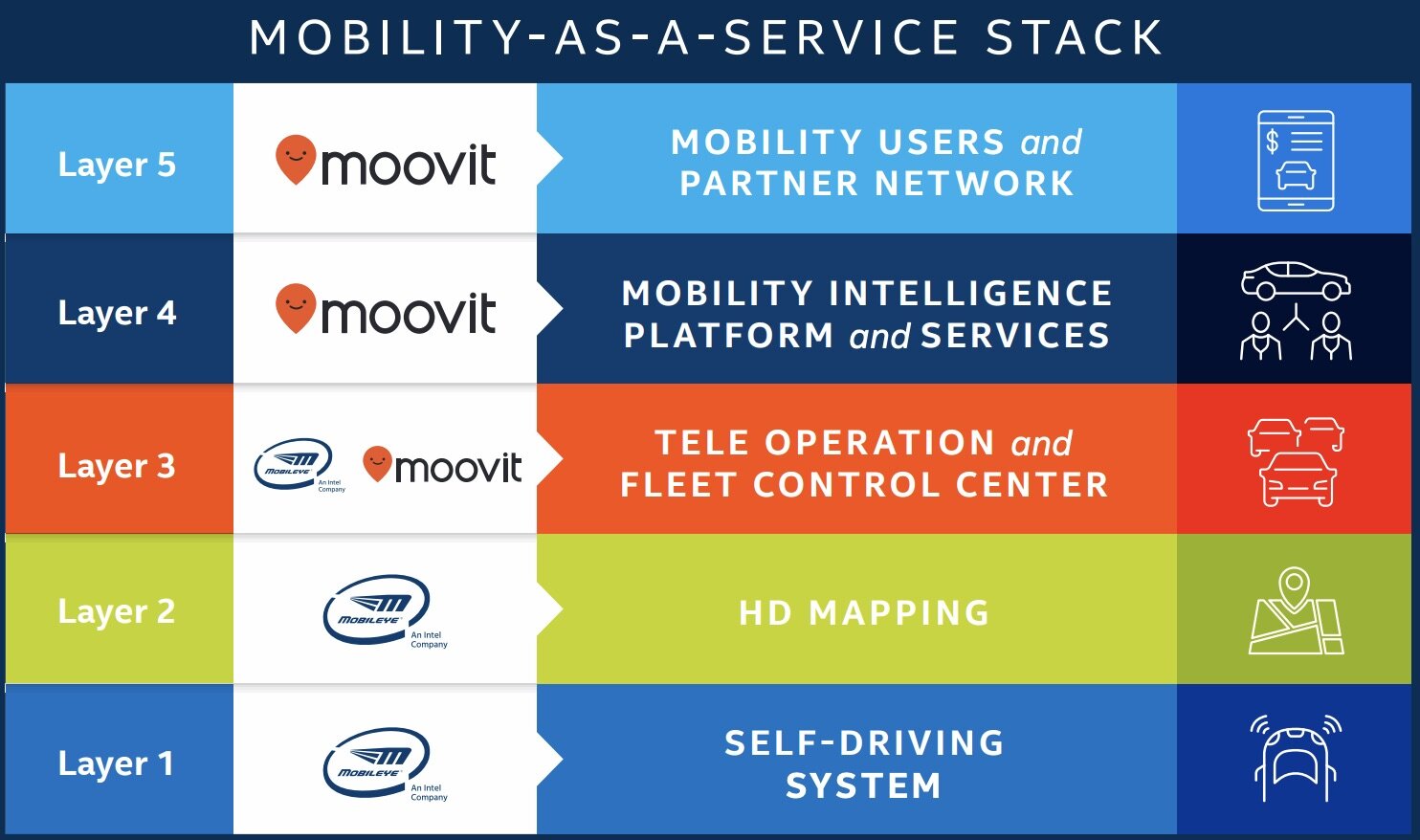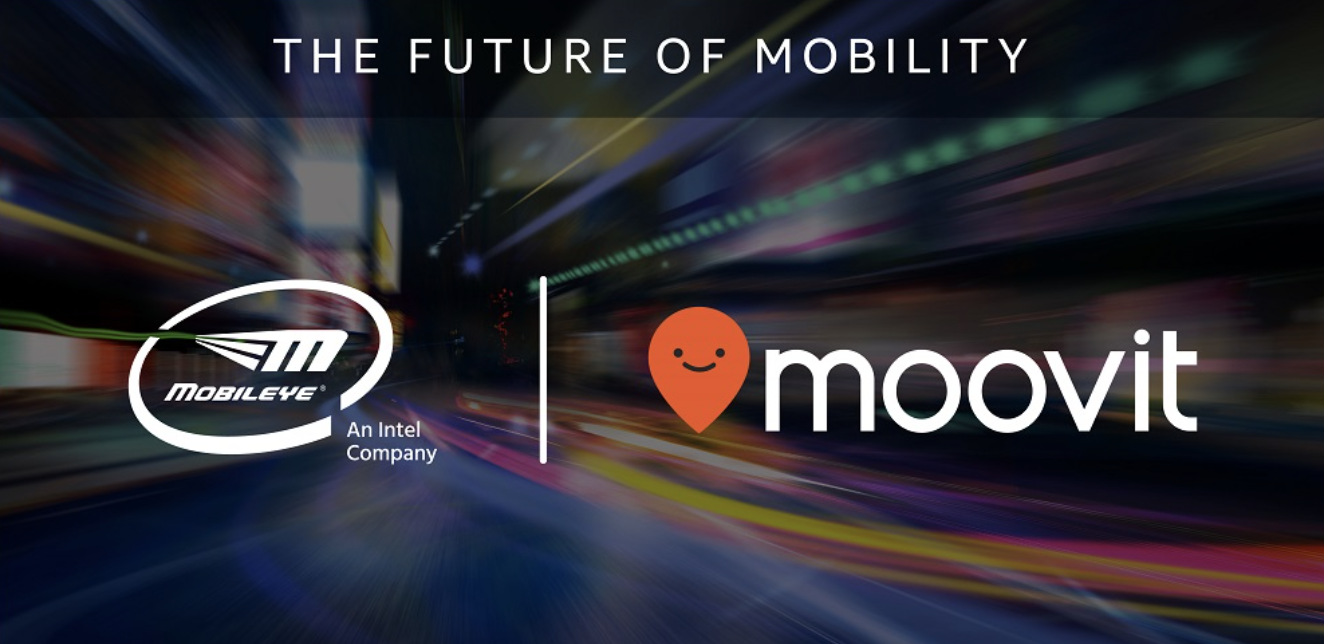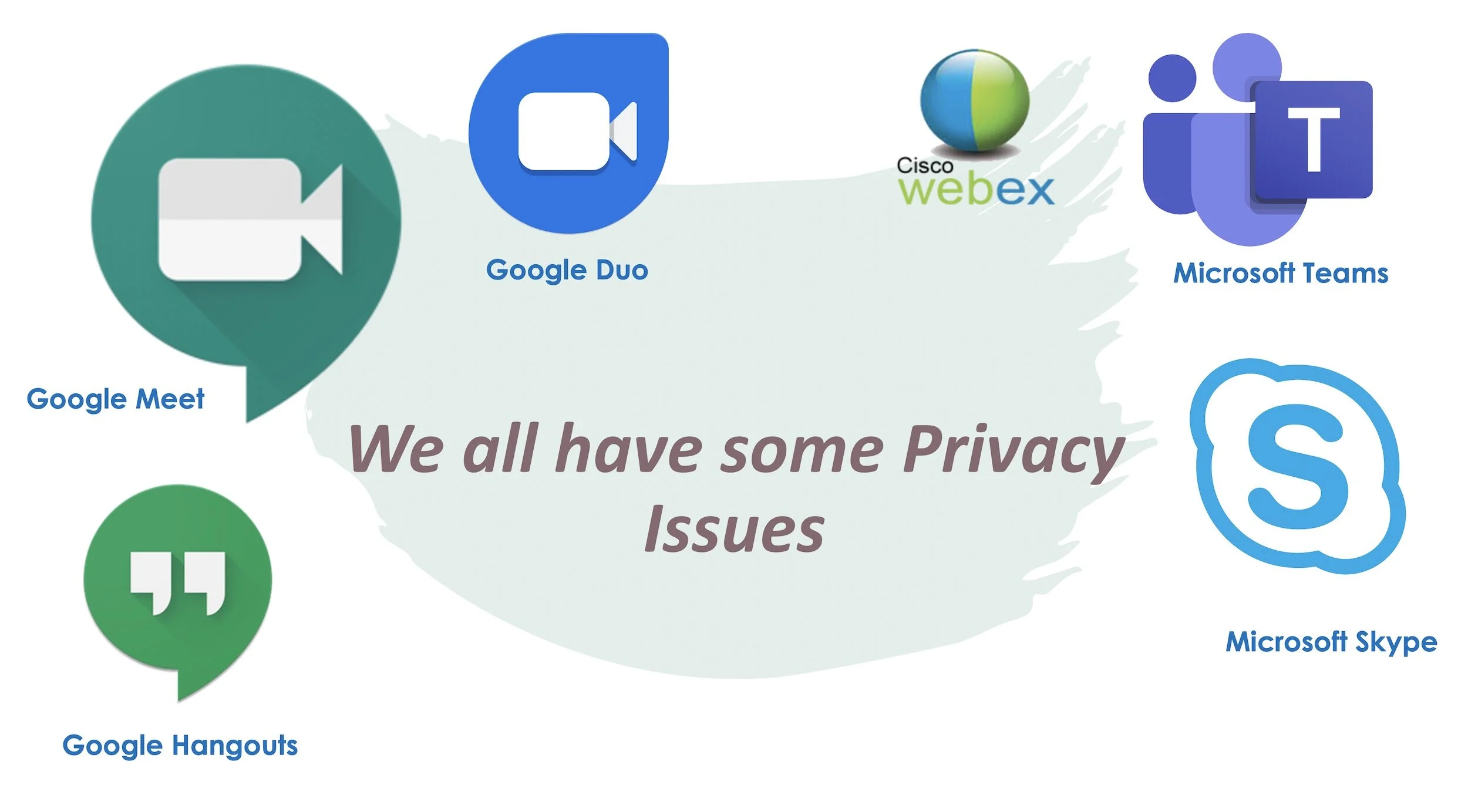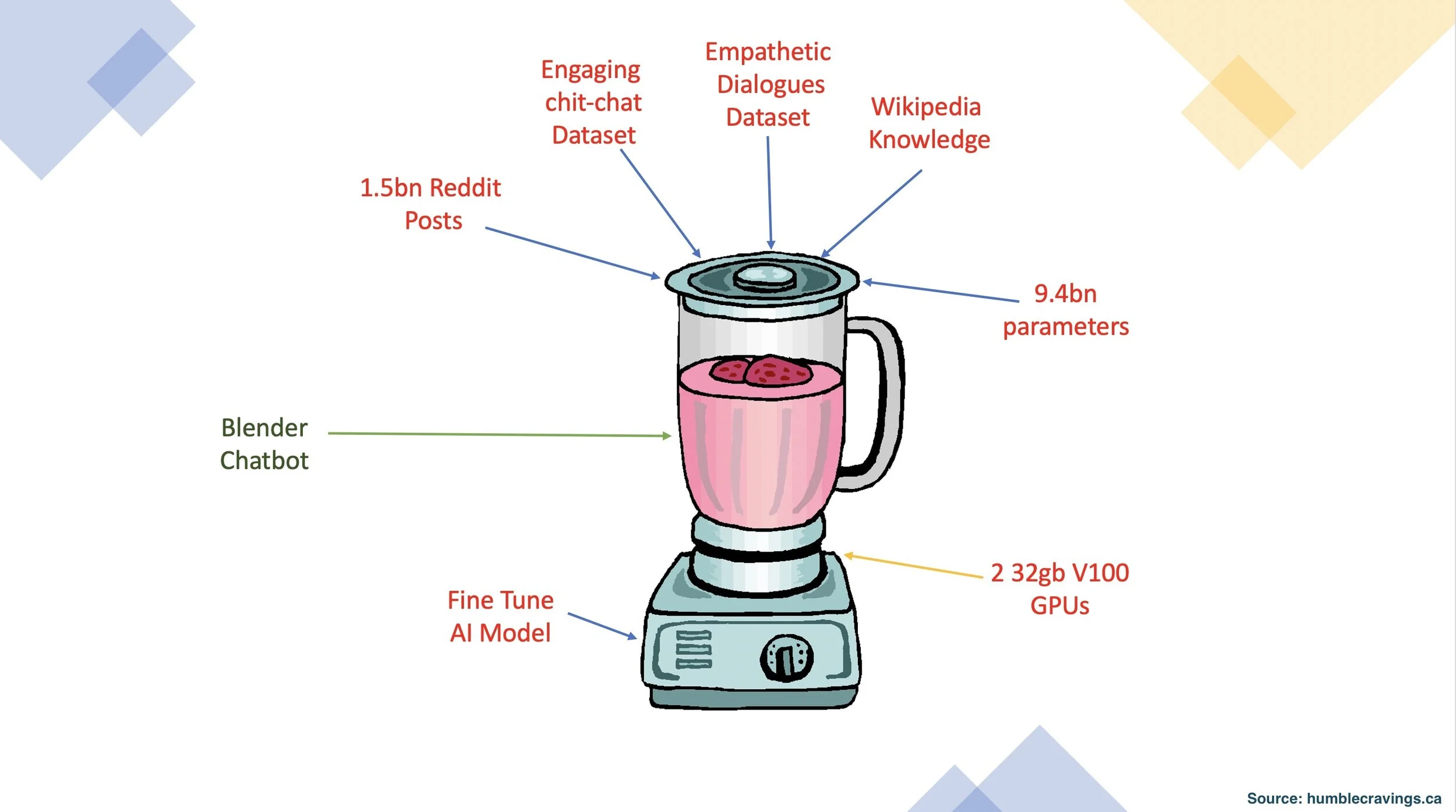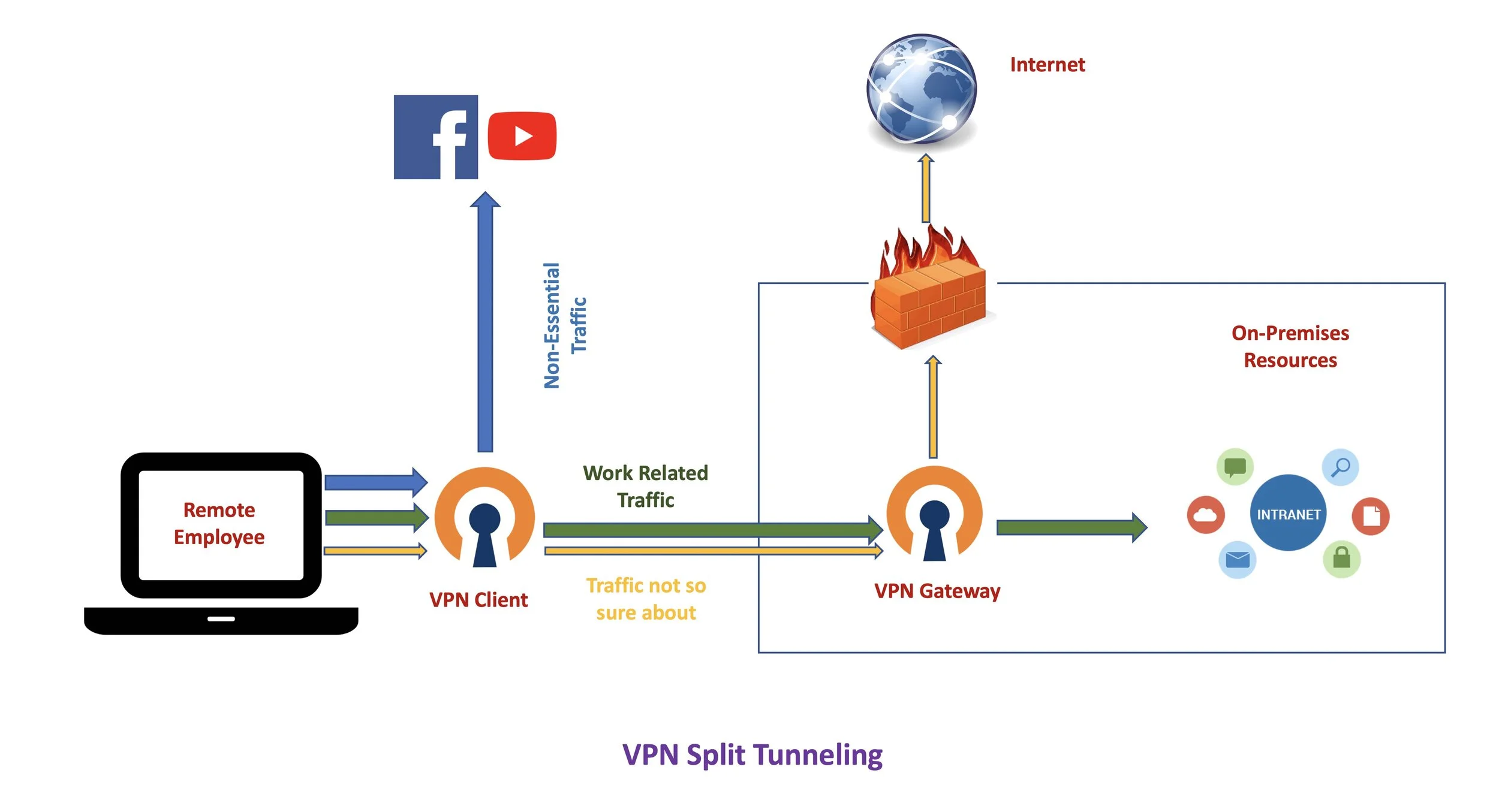Interesting Tech News from May, 2020
This is a monthly column of curated tech news, highlighting interesting and/or valuable tech developments from the past month, which are impacting our society directly or indirectly. It also gives some vague sense of the trajectory that the technology as a whole is taking. The aim is to share the information concisely, in an easy to understand manner, help you fill some gaps on what you might have missed & learn something new.
INTEL GOES DEEPER INTO AUTONOMOUS DRIVING BY BUYING MOOVIT
Self-driving technology industry is forecast to be over $200 billion by 2030. Everybody wants to be part of it. Intel has been heavily investing in this technology. It acquired Mobileye in 2017.
Mobileye provides ADAS (Advanced Driver-Assistance Systems) & autonomous solutions for vehicles around the world.
Moovit is like a “Wikipedea of Transit”. It has proprietary transportation data and people’s movement data from over 800 million loyal users who use Moovit app on a regular basis to plan their journeys in more than 3000 cities around the world. This valuable data is the foundation of Moovit’s MaaS (mobility-as-a-service) platform, which provides AI-powered intelligent mobility solutions that help improve mobility.
Intel’s acquisition of Moovit for $900 million, will bring Moovit and Mobileye technologies together. This will give Intel a great opportunity to advance its self-driving technology to a new level and provide robust mobility solutions for autonomous driving industry.
GOOGLE, CISCO & MICROSOFT VIDEO CONFERENCING SERVICES MAY COLLECT USER DATA & POTENTIALLY CAN CREATE USER PROFILES
A single privacy policy governs Google’s all 3 video conferencing services and Microsoft’s Skype & Meet video conferencing services share the same privacy policy according to Consumer Reports.
The privacy policies differ in the details, but broadly all three companies reserve the right to store information on how long a call lasts; who's on it; and everyone's IP, or internet, address.
I wrote before on concerns regarding sharing data online here.
FACEBOOK CHATBOT CHALLENGES GOOGLE’S MEENA CHATBOT
Facebook claims that its new chatbot called Blender is a better conversationalist than Google’s chatbot Meena. Check out example conversation below.
67% thought Blender sounded more human. It’s another small step towards building a truly human like AI conversationalist. There are still a lot of challenges ahead
NFC ADDS WIRELESS CHARGING STANDARD
NFC chips are used for short range communication. Using this new NFC standard, smartphones will be able to charge small devices in addition to having communication ability. This new standard, announced in May, is not meant to replace Qi charging, it’s meant to complement it. It offers only up to 1W of charging capacity, meant to charge small devices such as earbuds, smartwatches etc. New hardware will be required. Equipped devices, will make use of the same antenna to manage communication as well as charging.
SURGE IN REMOTE WORKING DUE TO COVID-19 & VPN SPLIT TUNNELING
Due to COVID-19 there has been a surge in remote work. This has caused capacity issues for VPN infrastructure of many organizations. In normal VPN deployments all traffic goes through the organization’s VPN infrastructure, be it work related or non-work related. Why not send the internet traffic which doesn't require access to on-premises resources, through a split tunnel. The idea is to send less traffic to VPN infrastructure.
Many companies such as Cisco and Microsoft have been educating their customers on Split-Tunnelling VPN solutions they offer . For example, Cisco’s Cisco Endpoint Security Analytics (CESA) solution is a combination of a) Cisco AnyConnect and b) Reporting and Dashboard technology provided by Splunk. Cisco claims it to be a great solution for VPN split tunnelling. Cisco has made CESA trial license free until July 1, 2020 for 90 days.
Microsoft has also been sharing information on how Office365 applications can be optimized for split tunnelling. They have made a tool available as well, which not only tells you if VPN is being used but also evaluates if VPN is configured for recommended Office365 split tunnelling.
WORLD’S FIRST AI CAMERA IMAGE SENSOR
Sony announced 2 image sensors equipped with the AI chip. Sony calls them Intelligent Vision Sensors (IVS).
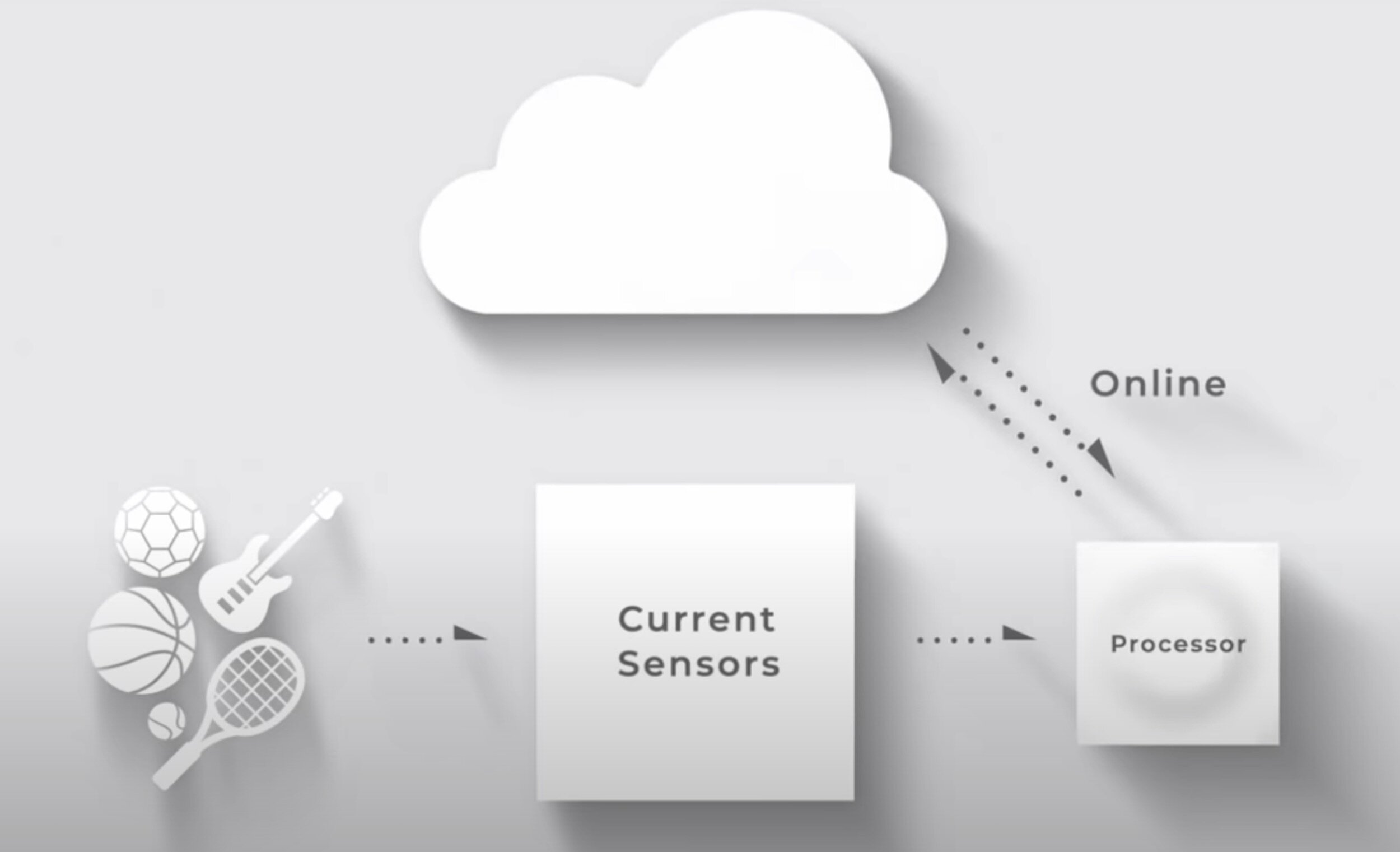
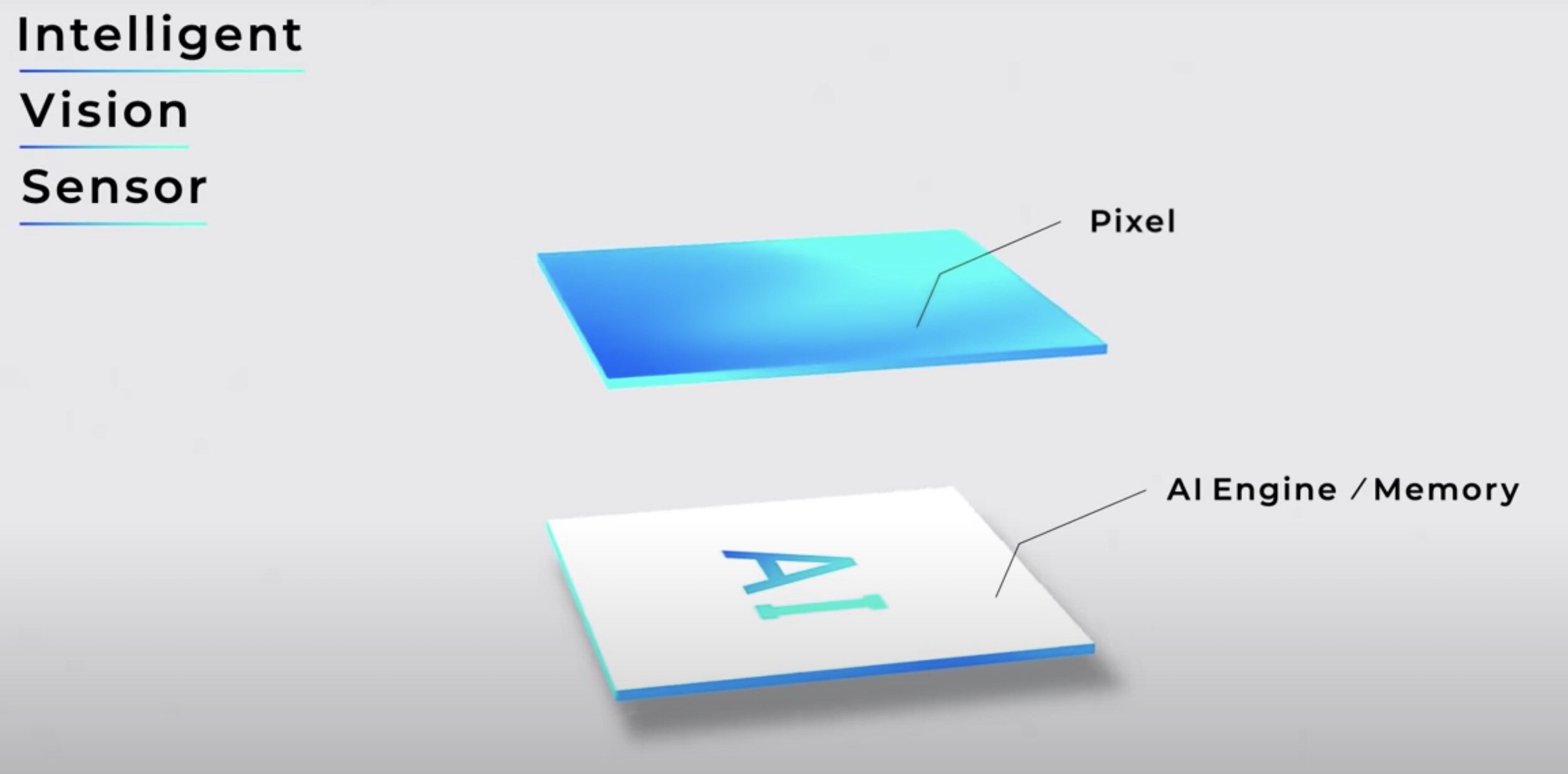
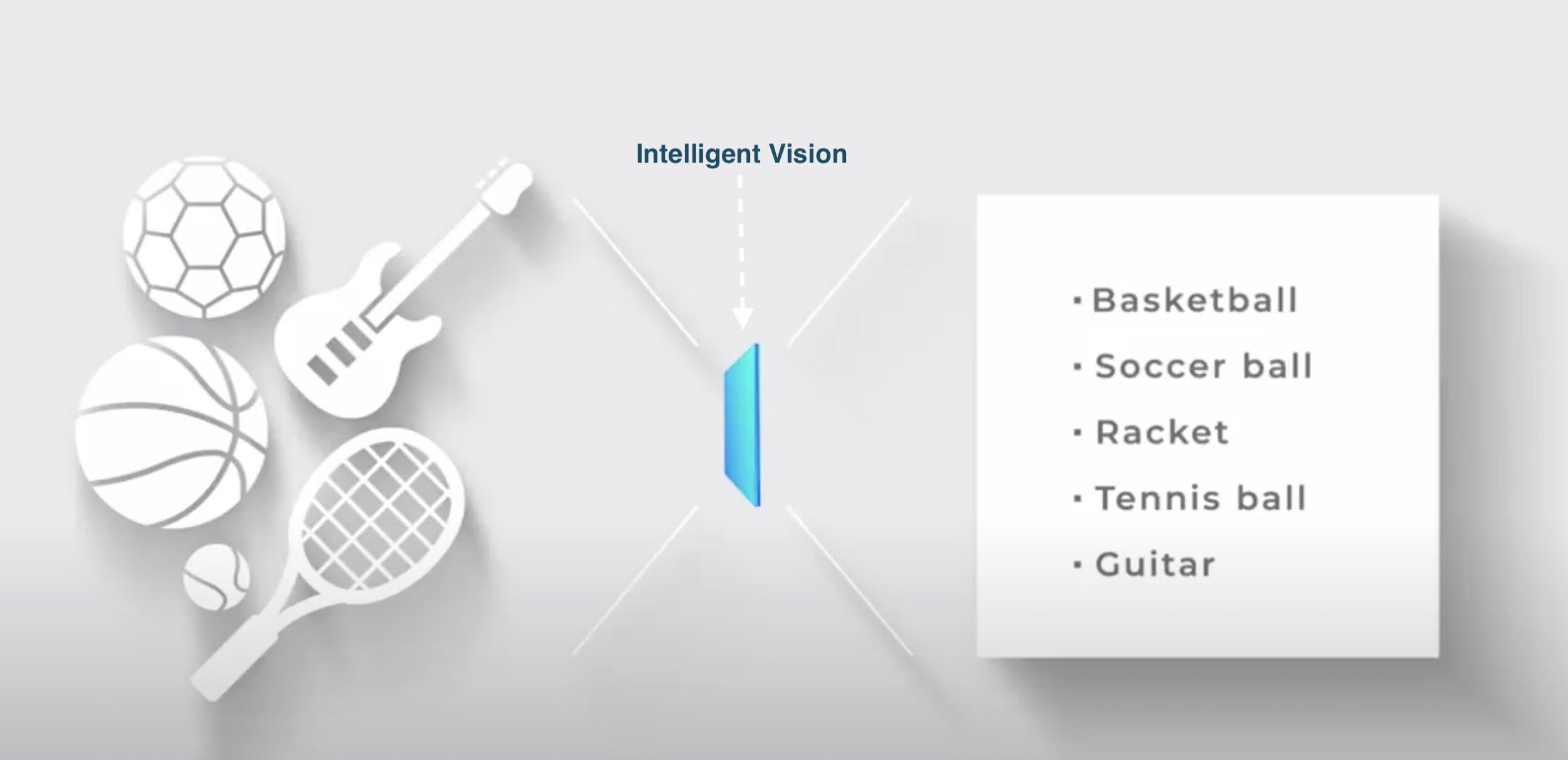

Traditional image sensors don’t have the intelligence to identify the objects. They take photos, process them and then the image is sent to the cloud. AI processors on the cloud make intelligent decisions after identifying the objects and take actions as defined in the algorithms. Of course for this to work you have to be online all the time. This traffic flow has its own privacy, power and latency issues.
IVS would help reduce cloud traffic by eliminating the need for an image to be sent to the cloud for intelligent processing, as it would be able to identify the objects on its own. So, e.g. if you take a picture of a car with IVS Camera, the file metadata would have additional information identifying the object as a car. Another application of IVS would be in smart mobility, where the vehicle environment is set according to the driver, without having to send data to the cloud. This technology would also help eliminate privacy and power issues relating to data transfer on the cloud. In the beginning it is going to be rolled out for manufacturing, security and retail industries. The sensor can be programmed for different ML algorithms and might not be able to handle complex algorithms.
MICROSOFT BUILD 2020 INTERESTING ANNOUNCEMENTS
Microsoft announced Fifth most powerful supercomputer, which Microsoft claims to be the first to be integrated with the cloud. The supercomputer will be used for AI development work in an exclusive collaboration with OpenAI. On a side note, check out how the distributed COVID-19 computer project run by people made the the most powerful supercomputer ever.
Project Cortex will be generally available in the summer with new APIs and AI-Modelling capabilities. Project Cortex structures organization information and presents it intelligently where needed.
Developers will now have access to app platforms such as Wind32 or UWP, through one common platform called Project Reunion. This will unify access to both set of APIs and decouple them from the OS.
Windows Subsystem for Linux (WSL) will have GPU support, which will unlock new features such as parallel computing, building AI models or graphical applications working in linux.
OSX spotlight like feature called PowerToys Run. The idea is ability to quickly access and launch applications.
There was much more, which you can find here.
SPACEX’S FLACON9’S FIRST HUMAN FLIGHT
Custom built Model X carried astronauts Doug and Bob to the Launch Site to make history. This was first time ever that a private company carries astronauts to ISS. It was also the first launch on US soil since 2011, when NASA’s space shuttle retired.
Falcon 9 lands back successfully, while the SpaceX’s Crew Dragon capsule carrying Doug and Bob travels through space destined towards ISS. Find out more on spacex.com.
MAJOR CYBER ATTACKS DISCOVERED IN THE MONTH OF MAY, 2020
EasyJet Attack: EasyJet calls it a sophisticated attack, in other words maybe they don’t have a clue how the attack unfolded. What we know is that email addresses and travel details of 9 million customers were accessed and a very small subset of customers had their credit cards accessed. Customers effected will now have risk of potential phishing.
GoDaddy attack was more simple in nature. Username & password were compromised by altering a ssh file. This affected 28,000 customers. These compromised accounts were different from GoDaddy main accounts.
HomeChef had data stolen of 8 million of its customers. Data included names, email addresses, scrambled passwords, last 4 digits of credit card numbers and mailing addresses.
It’s claimed 30 million Zoosk records have been stolen as well but this has not been publicly confirmed by Zoosk.
There were a few other major breaches in India and Indonesia as well.
NOTABLE TECH ACQUISITIONS IN MAY, 2020
Microsoft is taking 5G seriously and is acquiring Metaswitch. Metaswitch Networks provides cloud based voice and data solutions to careers like BT, Vodafone etc.
Zoom is acquiring Keybase, a company that provides end-to-end encryption systems. Zoom wants to scale and give a truly private video experience.
Nvidia buys Cumulus. Cumulus linux is used in many networking gear. Nvidia bought enterprise and cloud-network switch vendor Mellanox in April. Some of Mellanox gear uses Cumulus linux. Nvidia will have a stronger hardware and software data centre portfolio after these acquisitions.
In Identity Credential Access Management domain, CyberArk acquired Idaptive, which was a spun out from Centrify.
Atlassian, the company behind Jira and Confluence acquired Halp. Halp is closely integrated with Slack and Confluence, which enables companies build ticketing and answering tools within Slack. Halp seems like a good fit for Atlassian.
Apple buys NextVR. Apple has been more in support of AR technology as compared to VR. Why they bought NextVR is anybody’s guess. Is it because of the patents NextVR owns or Apple is thinking of mixing AR & VR experience, or maybe Apple thinks that since more VR content is available making it a better starting point to enter the world of AR and VR.
IN OTHER TECH NEWS
US ban on Huawei on using US technology and TSMC’s announcement of building a $12 billion factory is going to have significant impact on supply chains and trade war between China and USA. Note that TSMC builds chips for Huawei as well.
OnePlus 8 smartphone camera has a feature, which allows you to see through certain black plastic and black clothes. OnePlus 8 plans to disable that feature in China through a software update.
Now you will be able to move your accounts from one device to another in the Authenticator app.
Volvo will be investing heavily in Lumentum’s lidar technology. Lidars are expensive but more accurate. Volvo has a trick up its sleeve to reduce the costs.
You can now copy hand written text using google lens app on your smartphone and paste it on another device e.g. Google Docs in Chrome. Obviously, you will need to be signed into both devices. Doctor’s handwritten notes might be a hit or miss, because of bad handwriting.
Apple & Google launch Contact Tracing API to tackle COVID-19. It is now called Exposure Notification System.
Amazon launches Kendra to make Enterprise Search feel more like Google.
You can now get more accurate information about the business status in Google Maps. Previously it used to be just either permanently closed or not. Now Maps API can be utilized to show whether business is operational, closed or temporary closed. Google made some nice API changes last month as well.
Now just a single subscription will cover all of your Nest devices in a new Nest Aware Subscription model. It used to be one subscription per each camera or doorbell.
Google has now made its Cloud WAF offering available to everyone. The new WAF offering includes features such as integration with Security Command Centre, protection against SQL Injection and Cross-Site Scripting attacks, a custom rule language for L7 filtering etc.
Shopify, Facebook, Spotify, Twitter and Square are amongst the companies either extending Work From Home policies through the year end or letting employees WFH permanently. It’s likely other companies might also follow suit.
Microsoft is replacing journalists, who curate news for MSN and other Microsoft news sites, with AI.
Cloudflare launched a new, more thorough speed test service for your internet. Check it out here.

